Native American mascots have long been a hot-button issue, but the subject seems to be reaching a tipping point—if it hasn't already.
The Native American mascot controversy dates back several decades. Professional, semi-pro, college, and high school teams across the country have adopted names, logos, and imagery that portray Native Americans in a certain light. As the argument goes, these images and terminology promote and sustain the marginalization and cultural appropriation of Native cultures. There's a case to be made that they consitute microaggressions toward individuals descendant of those who owned North American land long before The United States of America ever existed.
Defenders of Native mascots often state their intention to honor Native Americans by referencing positive traits, such as a fighting spirit, bravery, toughness, or stoicism. Opposition groups, however, see these traits as part of a reductionist approach that leads to “savage” stereotyping of Native Americans.
Recent instances of police misconduct, riots, and calls for justice for people of color across America, have only increased the attention on the subject. Now, there's notable momentum to implore these franchises using Native American names, logos or imagery to rethink their approach, and even divorce themselves from a piece of their history for the greater good.
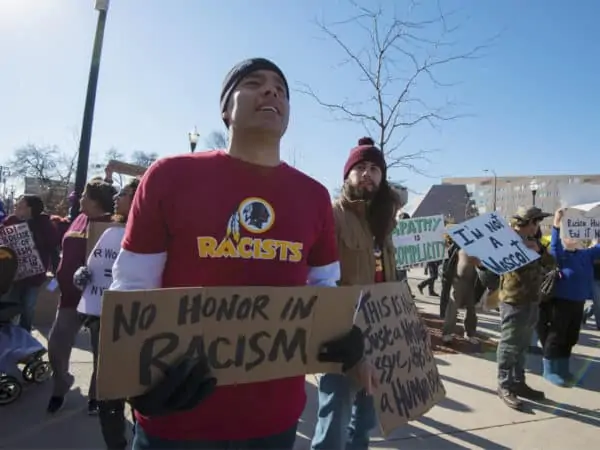
A Brief History of Native American Mascots
- In the late 19th and early 20th centuries, many fraternities, organizations, and clubs claimed Native American names and symbols.
- Professional sports teams jumped on the Indian bandwagon shortly thereafter.
- In the 1940s, the National Congress of American Indians created a campaign to eliminate negative stereotyping of Native American people in the media.
- Since the 1960s, as part of the indigenous civil rights movements, there have been several protests and other actions by Native Americans and their supporters.
- The call to retire Native American names and images in the world of sports gained steam in the 1970s.
- The National Association for the Advancement of Colored People passed a resolution calling for the end of the use of Native American names, images, and mascots in 1999.
- In 2015, President Obama spoke out against the issue and started an initiative to help fund schools who decide to change their mascot name.
- Yet, here we are in 2021—with fewer Native mascots than just a few years ago, but still many in use.
Native American Mascots: Who's Made the Change and Who Hasn't?
While professional franchises account for just a fraction of all of the sports team using Native imagery, their action or lack thereof does set an example for teams at other levels. Young athletes look up to pro athletes. And when pro sports teams decide to part ways with a piece of their culture and history, they make a statement to the sports world at large and beyond that there's something more important at play.
At the start of 2020, five franchises from the four major professional sports leagues were using a Native American mascot, name, logo, or other imagery. Some of them recently made a change; others have doubled down on their use of Native imagery.
Who are the five teams?
Washington Football Team (Formerly Washington Redskins)
In July 2020, after significant financial pressure from sponsors pulling out of partnerships, the Washington Redskins, announced they would officially change their name. While some criticized the move as purely financially motivated, others lauded the change as the correct decision, regardless of the rationale for making it.
“Redskin” has historically been used as a racial slur against Native Americans. The depiction of a Native American as a team emblem was first introduced in 1937.
As of now, they're using the name “Washington Football Team”—potentially a placeholder. In November 2020, Jason Wright, Washington’s team president stated in an ESPN interview that the team names, Red Wolves and Red Tails, were both in the running and are considered top choices, along with the potential of keeping the Washington Football Team name. The final step in the process of deciding upon a new (permanent) name will be engaging community leaders, including Native Americans.
Cleveland Indians
The Cleveland Indians, who have used their name since 1915—for more than a century—announced they would officially change their name and logo as well.
On July 3, 2020, the franchise released a statement on Twitter:
“We are committed to engaging our community and appropriate stakeholders to determine the best path forward with regard to our team name.”
The statement provoked various reactions—some supported the change, while others expressed disappointment in the decision, claiming the issue wasn't really about racial sensitivity.
An article in the New York Times states, “Cleveland spent much of the year before the 2019 season phasing out the logos and imagery of the cartoon mascot Chief Wahoo. One option that the team is considering, two of the people said, is moving forward without a replacement name — similar to how the Washington Football Team proceeded — then coming up with a new name in consultation with the public.”
Curiously, the franchise will still use the name “Indians” for the upcoming season, but discontinue its use following the season. The decision left several opposition groups scratching their heads, asking “Why not now?”
It appears for now, at least, they're moving in the right direction.
Atlanta Braves
Atlanta plays host to the notorious “tomahawk chop” and the chant affectionately known by fans as simply the “Braves chant.” The Braves have a vast fanbase, both nationally and internationally. That's one of the reasons the team has been reticent make any changes to its mascot and logo.
However, in July 2020, Richard Sneed, the Principal Chief of the Eastern Band of Cherokee Indians (EBCI), released a statement about the tribe's conversations with the Braves. The statement said the EBCI believed “that candid, thoughtful conversations are crucial to educating leaders and bringing about positive change.” The EBCI statement also applauded “the Braves’ willingness to engage in this effort and [that they] look forward to continuing to build the relationship the EBCI shares with them to present a model for how other professional sports teams can work with Native Nations in a respectful and constructive manner.”
While the Braves have not indicated they're any close to a name change, they have taken baby steps in the right direction. Notably, they recently stopped selling foam tomahawks and also have changed popular signage from “Chop On” to “For the A.”
Kansas City Chiefs
Before Super Bowl LV, the Kansas City Chiefs again faced pressure to change their name. The St. Petersburg-based Florida Indigenous Rights and Environmental Equality, or FIREE, gathered at Raymond James Stadium to urge the franchise to ditch its name out of respect for Native Americans.
Originally named the Dallas Texans, the reigning two-time Super Bowl Champions adopted the name “Chiefs” when they relocated to Kansas City in 1963. They are the last professional team in the U.S. to adopt a name or logo suggesting a reference to Native Americans.
The Chiefs, however, have largely evaded the level of scrutiny of other franchises using Native imagery, because the name is, in fact, not a direct reference to Native Americans. The franchise borrows its name from the now-deceased Kansas City Mayor Harold Roe Bartle, who served from 1956-1963. Bartle played a major role in bringing the Texans to Kansas City. He earned his nickname as founder of a Boy Scouts honor camping society, Tribe of Mic-O-Say, in which he was “Chief” Lone Bear.
The franchise has repeatedly shrugged off references to Native American associations. But several displays of fan behavior, including wearing Native American-style face paint and headdresses and doing the tomahawk chop, eventually placed the franchise in the line of fire.
After the Redskins and Indians stated in July 2020 that they had begun the process of reviewing their respective names, the editorial board of the Kansas City Star stated that “It’s time for a real examination of all of it: the tomahawk chop, the drum, Arrowhead Stadium, Warpaint and the costumes worn by fans at the game.”
On August 20, 2020, the team announced that headdresses and Native American style face paint would be banned at Arrowhead Stadium. They also modified a portion of the tomahawk chop led by Chiefs cheerleaders. They stopped using a closed fist for the chop and replaced it with an open palm. Opposition groups, however, questioned why the franchise didn’t take the opportunity to eliminate the tomahawk chop entirely.
With the Chiefs fresh off another appearance in the world's biggest sporting event, all eyes will be on them in 2021 to cut ties with their name once and for all.
Will they do it?
Chicago Blackhawks
After the Cleveland Indians announced they would change their name following the 2021 season, new Chicago Blackhawks CEO Danny Wirtz doubled down on previous statements, reiterating that the Blackhawks would not change their name, according to the Chicago Tribune.
The Blackhawks did agree to ban Native American headdresses at home games, acknowledging their status as sacred symbols.
Suzan Harjo of the Morning Star Institute, a Washington-based advocacy group, said the Blackhawks have escaped the criticism of franchises in other sports because hockey is not a cultural force the way football is in the U.S.
“It lacks dignity,” she told the Chicago Tribune. “There's dignity in a school being named after a person or a people. There's dignity in a health clinic or hospital. There's nothing dignified in something being so named [that is used for] recreation or entertainment or fun.”
Blackhawks Executive Vice President Jay Blunk replied that the organization considered its logo to be “respectful and proud.”
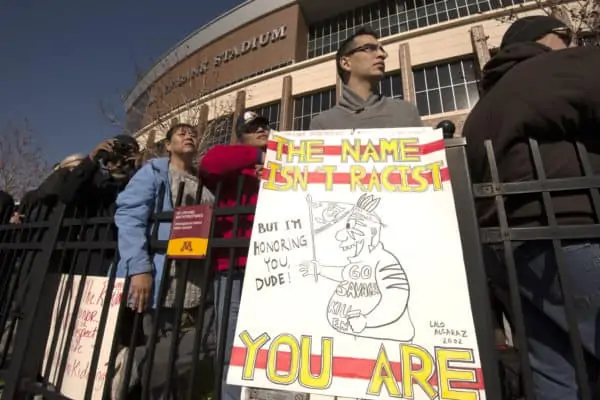
Are We Making Enough Progress with Native American Mascots?
When looking at the issue in a historical context, views on the topic of Native American mascots and imagery have gradually and positively changed. But many in the sports industry make decisions that are largely fueled by profit. Others are stuck in a mindset of institutional racism. Others still simply have nostalgic feelings around their favorite sports franchises and don’t want to see anything change. Yet with franchises like the Washington Football Team and the Cleveland Indians taking action, there's hope that more teams will follow suit sooner than later.
Which franchise do you think will be next to part ways with its Native mascot?
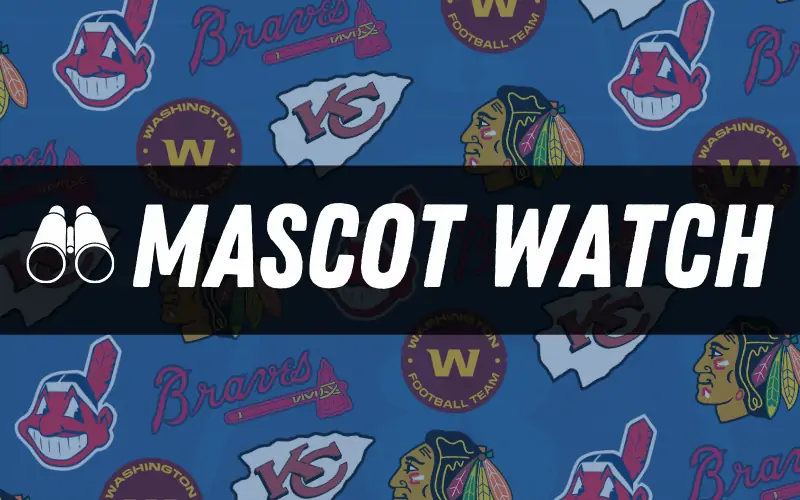

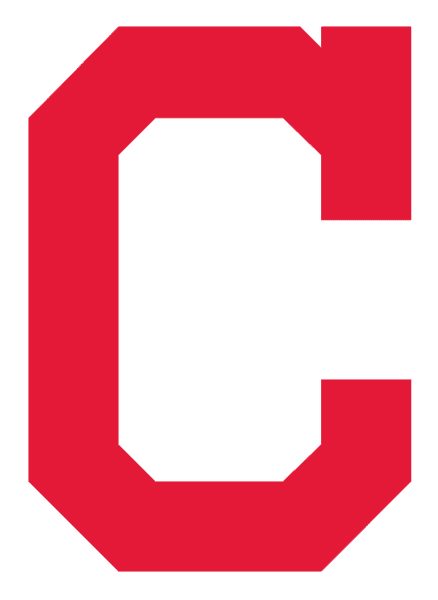
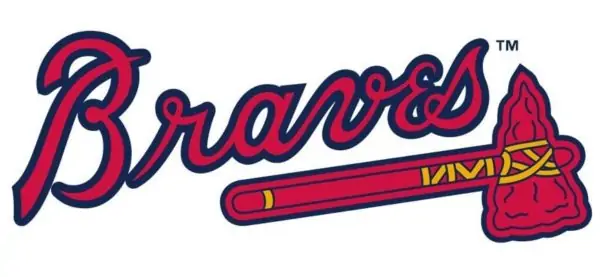
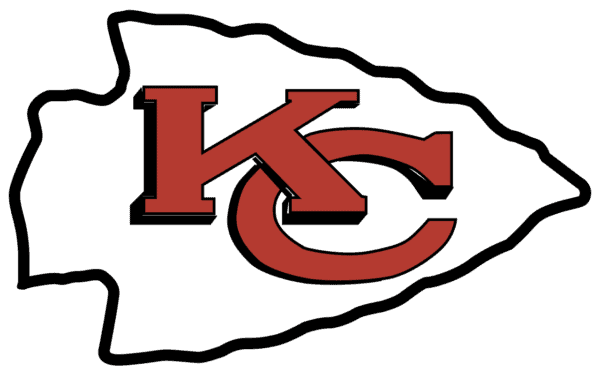
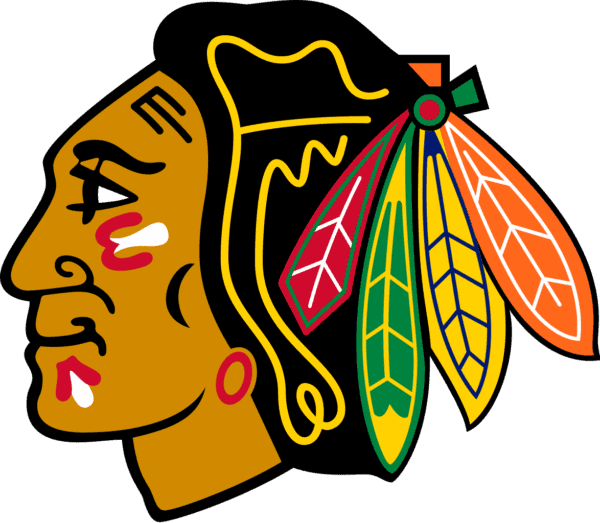
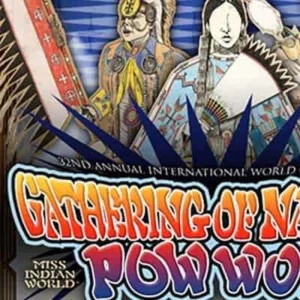
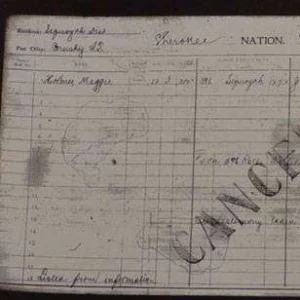
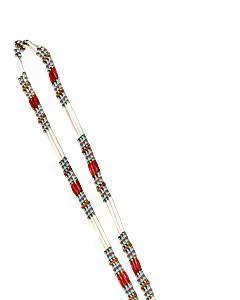
Beverly
says:The Indian mascot is actually a good thing in American culture and associated with a wonderful sport of Football and other sports which help men of all types to stay well and work off anger or difficult issues in a healthy way and where there is so much strife in many ways and mistreatment of native Indians the mascot is actually a good way for the American Indian to be portrayed in the American culture as a good person or being and keeps the American Indian as a useful being for Americans especially the young and older men whom follow these many vaired sports.
Tina
says:Interesting history on the subject here in Florida with FSU and Seminole Tribe: https://unicomm.fsu.edu/messages/relationship-seminole-tribe-florida/
Cynthia
says:So many years and people don’t want to respect race why, it’s offensive and for years has been tolerated
It’s not right and as others have stated if the shoe were in the other foot there would definitely be an outcry for
Justice God gave us all a conscience it’s time to use it love to all my sisters and brothers
Jim
says:I say if it’s not racist why don’t they have teams called the honkies,crackers,blackskins or something. It way past time for a name change.
Teodoro telles
says:I don’t find it offensive of the name REDSKINS I’ve been a long time Washington Redskins fan I am a native of the MEXICA people I do find it offensive to see the head dress woren or war paint on fans I think it’s a white thing and I think the name should be left alone . Thank you ! peace!
CAROL REYNOLDS
says:DON’T THINK THEY WILL CHANGE THEIR NAME BECAUSE THEY THINK THEY DON’T NEED TO.THEY THINK IT ISN’T RACIST,BUT IF THEY WERE IN OUR SHOES THEY WOULD FEEL DIFFERENT.THEY WOULD SEE JUST HOW RACIST IT IS.SO WHY DON’T THEY CALL THEM SELVES THE WHITIES OR THE CRACKERS.RACIST,OH YES JUST LIKE THE ONES THE HAVE NOW.
bambi bridges
says:To argue is rude. To disagree is thoughtful. To speak up is kind. Thus attitude and indifference are harmful to Native Indians.
Mary L Spillers
says:I feel the same way they need to change their name because they never asked g or permission to use it anyway.
Rachel
says:Has the Salmon Idaho Highschool changed its name from Savages….? This was the only one I was offended by…
Ronsld Tyson
says:Savages is not proprietary to American Indians. People all over the the world have been called savages per their actions. Who has called you a savage?